
 |
 |
 |
| Dulce Morado Kay Francis |
Cassy Pringle Wallace Kay Johnson |
Dan Wallace Charles Bickford |
 |
 |
 |
| Tony Lewis Stone |
Tommy Dickie Moore |
Mrs. Harney Zasu Pitts |
| Released by MGM Directed by William C. DeMille Run time: 78 minutes |
||
Proof That It’s a Pre-Code Film
- Worried that she almost fell off a cliff, Dulce thanks the heavens she’s wearing good looking underclothes.
- The plot centers on two separately married people falling in love and ditching their respective mates and families.
Passion Flower: Menage a Uh-Oh
“No family? No money? What has he got that makes him such a prize?”
“Dulce, he has everything!”
A fairly solid, if unexciting, marital drama, Passion Flower succeeds because it’s a nicely honest take on marital dysfunction.
Cassy Pringle (Johnson) is a rich girl who has fallen for her chauffeur, Dan (Bickford). Cassy’s father disapproves, but Cassy’s confidant and cousin, Dulce (Francis), offers her support. Dan’s pride stops him from taking it, but years of struggle see no improvement in their life’s station despite the addition of two adorable tykes, including Tommy (Dickie Moore).
Dan’s resolve eventually breaks and he agrees to move onto a farm across from Dulce’s mansion. Dulce is married to the dull Tony (Lewis Stone) and finds the prospect of being around the more brusque Dan much more appealing. She begins to seduce him (though not capriciously as you usually see in this kind of movie). It eventually comes down to Dan having to decide between poor, loyal Cassy and sexy bastion of rarefied boredom that enshrines Dulce.
There’s a lot in this plot that sounds familiar, probably because nearly every actress in 1930 seemed to have to play some variation of it. Either they got to play the vamp who stole the man rightfully or the devoted wife who earned him back through her own sacrifice.
What Passion Flower does that gives it a great deal of texture is that it makes both women fully rounded characters. While the audience instinctively knows that Dulce is in the wrong and Cassi the more worthy object of love and devotion, the film refuses to make it easy for Dan by turning Dulce shrill or carefree. Both Dulce and Cassi come to love Dan on their own and in their own ways.
Johnson, who is mostly remembered for 1930’s Madam Satan (I mean, how could you forget it), plays her character with the right amount of grit and determination. She also gets the film’s strongest scene comes when she’s putting Tommy to bed after Dan leaves her; the boy cradles her tear-streaked face and mutters, “I didn’t think you ever cried.”
Francis, who could play the sinewy seductress in her sleep even this early in her career, also makes Dulce fully realized, giving her plenty of internal tension about betraying her close friend in a desperate attempt to break the numbness her wealth provides her.
Bickford, who I suppose nowadays would be front and center as the major male part of the movie, wisely keeps his head down. You understand why he has his pride, how he loses it and what it does to him. But the movie isn’t about his torment so much as how Dulce and Cassi wrestle over it.
With a nice literate script (“I like Tony– he’s square, upright–” “And grand! That makes him three kinds of pianos!”) and some sublime shots coming from director William deMille, Passion Flower is a treat for women’s film and Kay Francis aficionados. Which, hey, we all really should be.
Screen Capture Gallery
Click to enlarge and browse. Please feel free to reuse with credit!
Other Reviews, Trivia, and Links
- Future star Ray Milland has an early role as a sauced party-goer late in the film.
- Mordaunt Hall in the New York Times definitely broke out his big boy words for this review, saying that “the good work of the players and the competent direction of William de Mille are somewhat vitiated by strained psychology, strangely vacillating characters and uneven dialogue. The quality of subtlety is conspicuous by its absence, and in spite of the length of this film some of the incidents are not a little abrupt.”
- KC at A Classic Movie Blog says Passion Flower “isn’t a production of distinction, but everyone is playing reassuringly to type.”
- Laura of the Misc. Musings called the movie “absorbing” but also added “I probably could have watched a whole movie consisting only of scenes with Moore playing with his puppy, he’s so cute.”
Awards, Accolades & Availability
- This film is available on Amazon by way of Warner Archive. Thanks to Warner Archive for providing a review copy of this film.
More Pre-Code to Explore


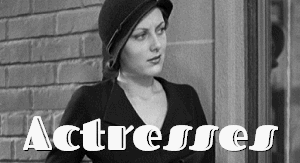
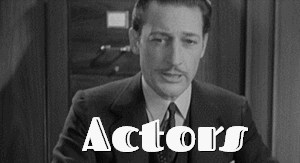

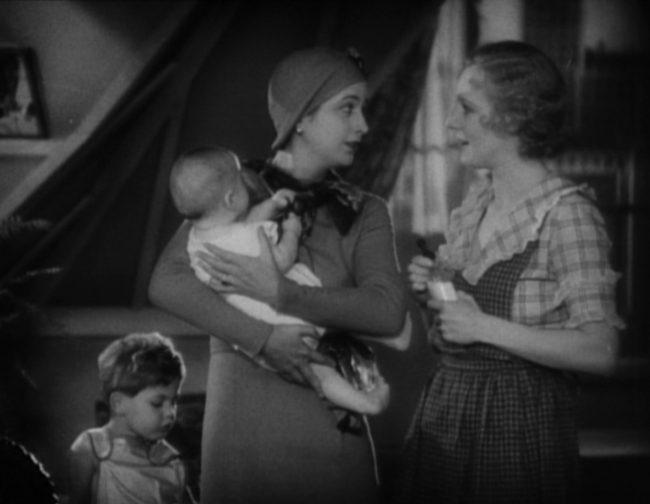
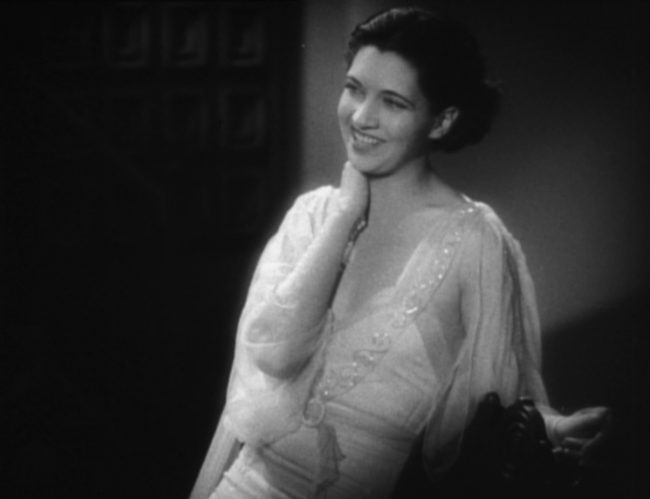
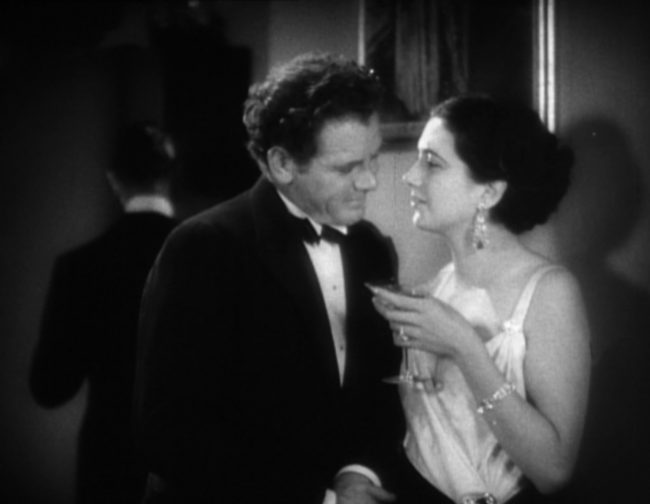
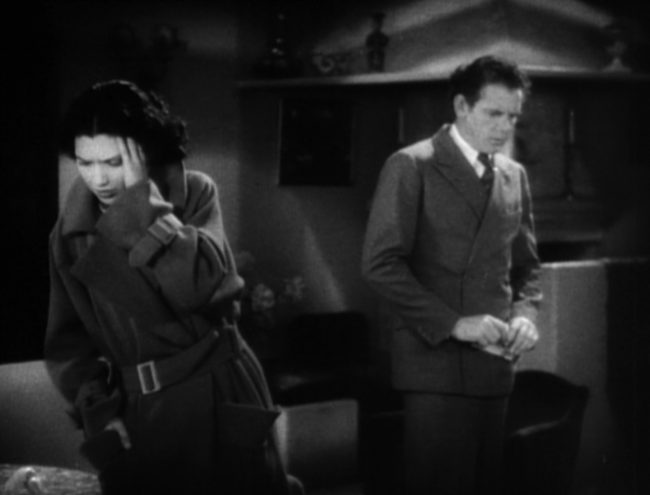


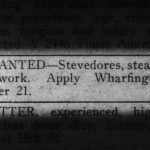
























1 Comment
Monica Cortez · November 28, 2019 at 12:09 am
One of my favorites
Comments are closed.